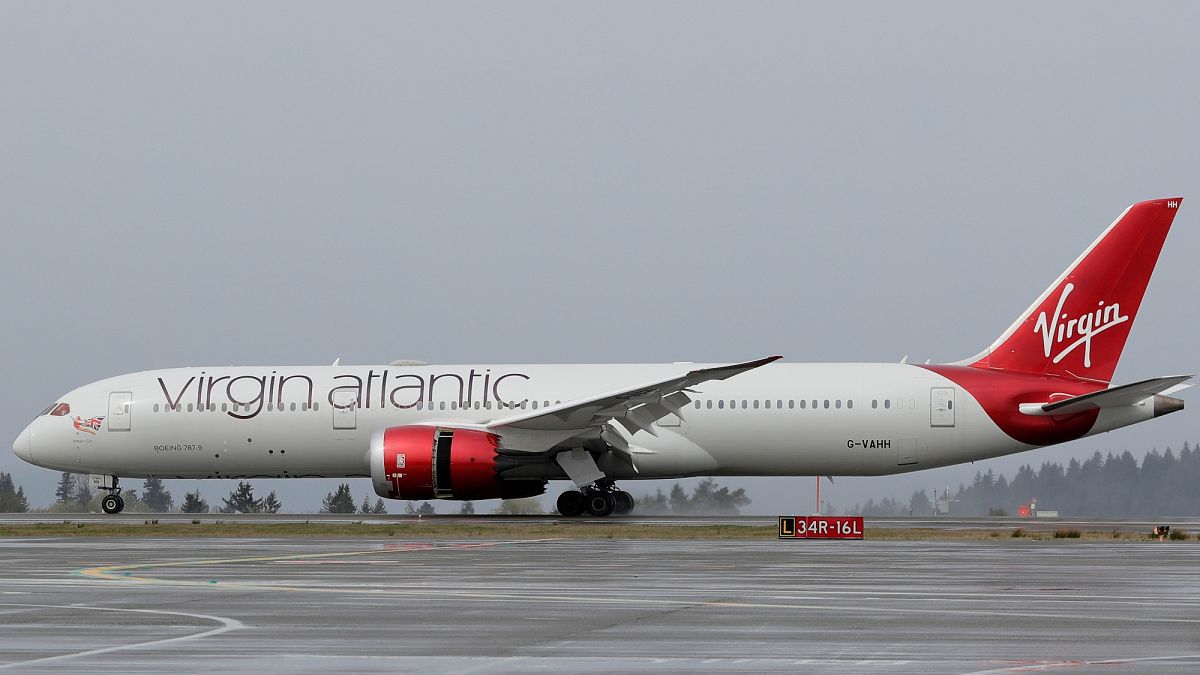

In a harmonious dance of technology and progress, three fields are embracing transformative advancements poised to enhance our everyday experiences. From the skies traveled by Virgin Atlantic’s passengers to the sports arenas and innovative medical procedures, technology is quietly revolutionizing our world.
Virgin Atlantic soars to new heights as it becomes the first UK airline to integrate Elon Musk’s Starlink technology for ultra-fast in-flight Wi-Fi. This new alliance promises passengers a streaming-quality internet experience even thousands of feet up in the air. The partnership marks a commendable leap forward in aviation technology, ensuring that the connectivity needs of modern travelers are met with ease and precision. Passengers can look forward to enhanced entertainment options and productivity opportunities, transforming their travel time into a seamless extension of their daily lives. This deal underscores the growing relationship between aviation and cutting-edge technology, as airlines strive to offer premium services to their passengers.
Shifting from the skies to the fields of play, researchers are exploring the potential of artificial intelligence in the world of sports, particularly in the realm of doping detection. AI programs are being developed to detect doping with greater effectiveness, speed, and cost-efficiency. As the sporting world seeks to uphold the integrity of its competitions, these AI solutions present an exciting opportunity to safeguard fair play. Researchers, including experts Wolfgang Maass and Francesco Botrè, are at the forefront of these technological endeavors. They are working diligently to overcome challenges and refine these systems to ensure they provide accurate and reliable results. This innovative approach could redefine the processes of monitoring and maintaining fairness in sports, setting a new standard for ethical competition.
Meanwhile, in the medical field, a spectacular breakthrough has been achieved with AI-driven robotic surgery, potentially redefining surgical procedures as we know them. In a pioneering study at Johns Hopkins University, an AI-trained robot independently performed surgeries on pig organs, specifically executing gall bladder removals with remarkable precision. These procedures achieved a 100% success rate, a milestone that opens the door to potential applications in human surgeries within the next decade. The robots were meticulously trained using video footage of human surgeons, demonstrating the impressive learning capabilities of AI when applied to delicate medical tasks. This venture signifies a promising future in which surgeries could become more efficient and accessible, reducing human error and enhancing surgical outcomes.
These cutting-edge developments in technology offer a serene glimpse into a future where travel is more connected, sports remain just, and medical procedures become more precise. The fusion of AI with practical applications demonstrates a thoughtful progression toward enhanced human experiences. As we witness these serene and mindful breakthroughs, the message is clear: technology continues to coexist harmoniously with human endeavors, creating pathways to a more interconnected and equitable world.
Source: {link}
